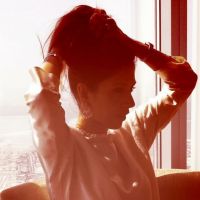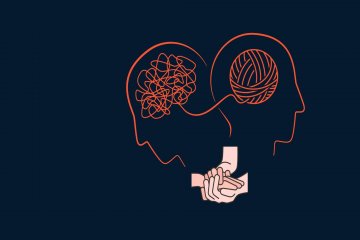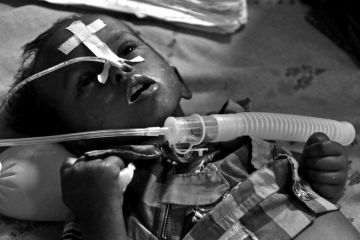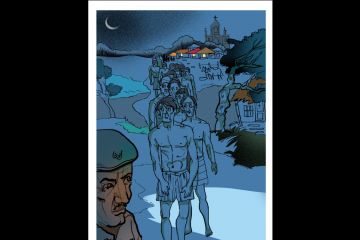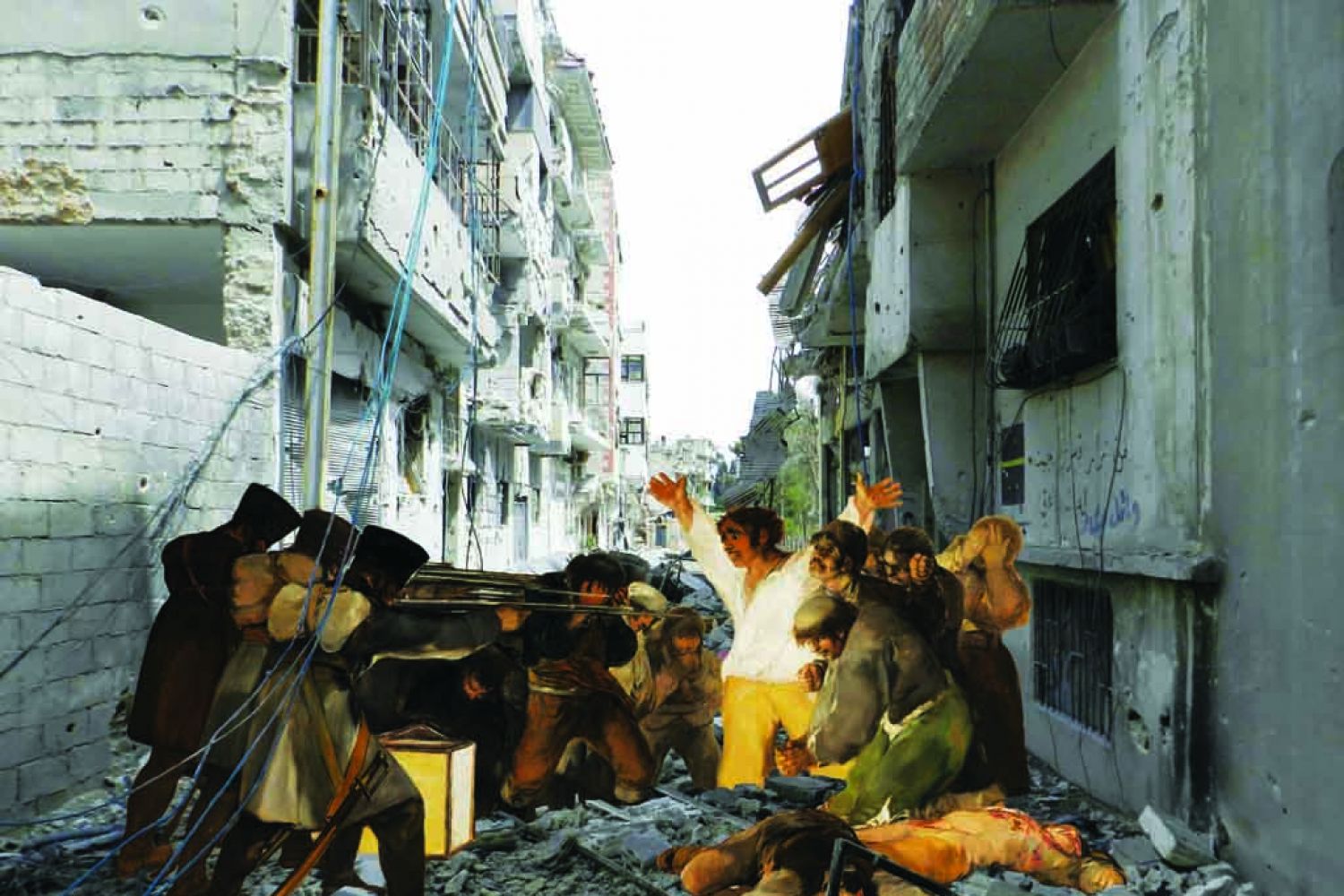
The number is 103.
That’s how many flights he’s boarded since the Syrian uprising started. Then
there are countless meetings and umpteen faces, some he will remember and many
that have already been forgotten. In the past 22 months, ever since Adib
Shishakly’s criticism of the Syrian government went from private to public, a
lot has been unaccounted for.
There’s a lot he wants
to forget, the helpless hands reaching out for food, the dead bodies and razed
towns. But he’ll keep c
Continue reading “Spring of hope now a season of blood”
Read this story with a subscription.

